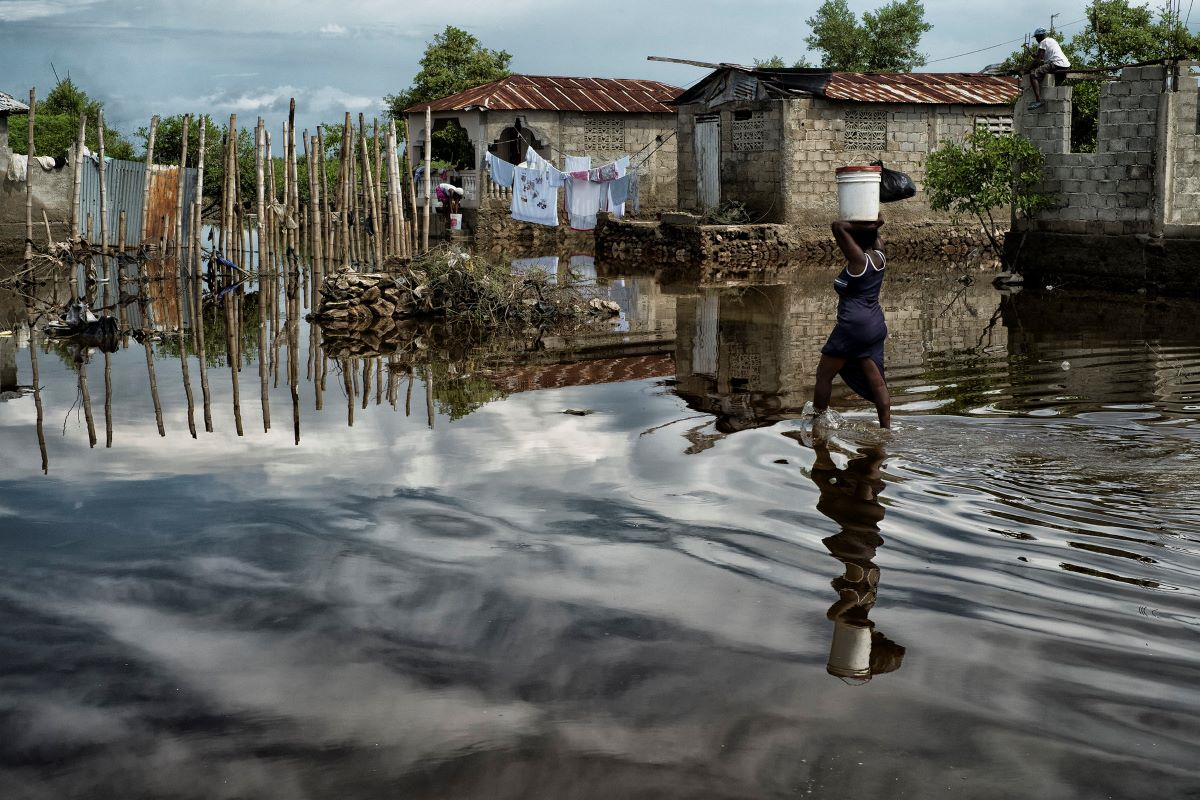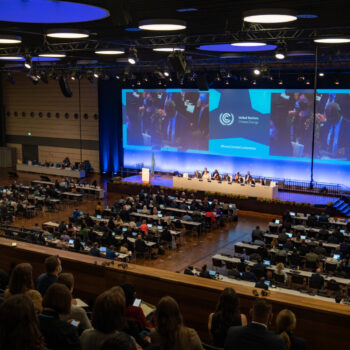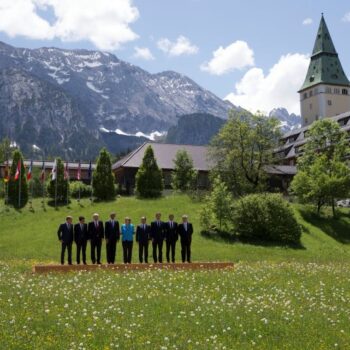2022 is a critical year for making progress on loss and damage. Climate change is hitting communities in all parts of the world, with rich and poorer countries alike feeling the impacts. The climate threat multiplier is creating urgent finance gaps that aren’t being filled. This is a moral blight, but it is also creating global financial instability and security risks. Addressing loss and damage is in everyone’s interests.
The Glasgow COP last year was a turning point, with political commitment to tackle loss and damage, but disappointment from many that what was agreed only amounted to more talks. The “Glasgow Dialogue” started at the climate conference in Bonn. Despite universal recognition of the importance of the issue, there was little concrete progress. Frustrations are growing as the urgency of the problem is not matched by action.
The G7 have a unique role to play on this issue. G7 Ministers took a step forward in May when they recognised their role in providing public and private finance for loss and damage. Expectations are high that German and G7 leadership can further shift the dial at Schloss Elmau.
This briefing sets out why loss and damage matters, and who needs to act to enable the agreement of a credible package of measures at COP27. This would contain:
- An agreed way forward on raising and delivering the finance required, estimated to be as much as $290 – $580 billion per year by 2030.
- A strengthening of the risk ecosystem to address, avert and minimise loss and damage.
- A credible plan that charts a way forward to 2024, ensuring the Glasgow Dialogue is not just another talking shop, but genuinely delivers to those that are impacted most by climate change.



